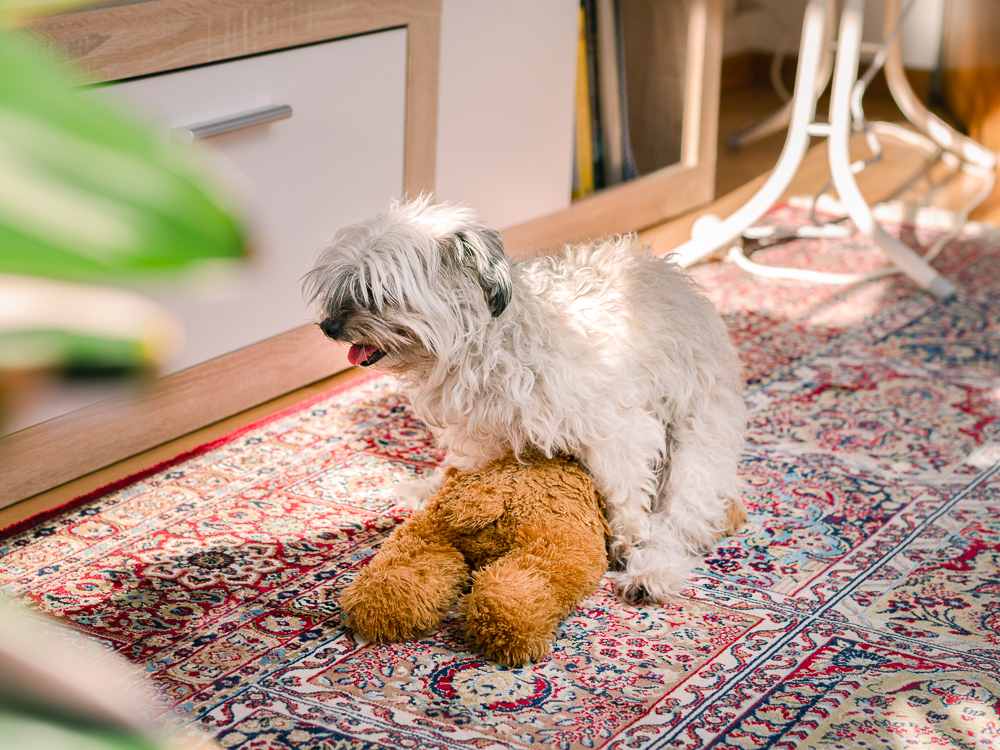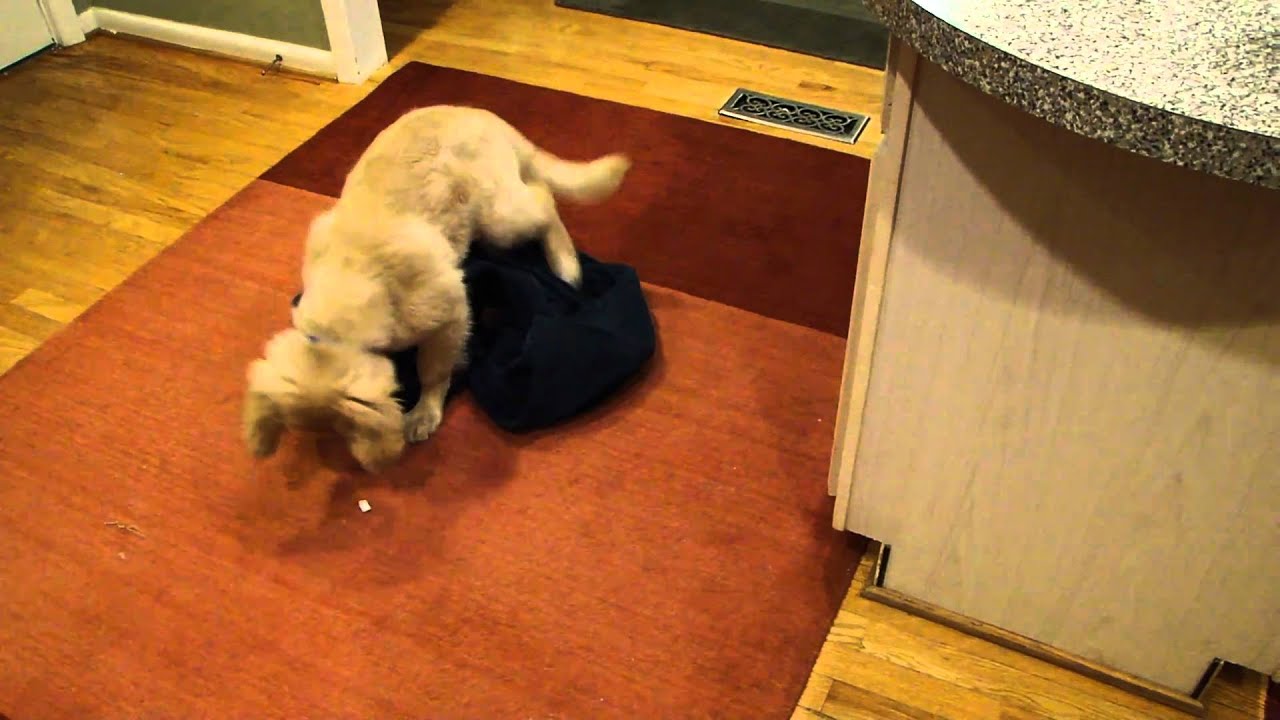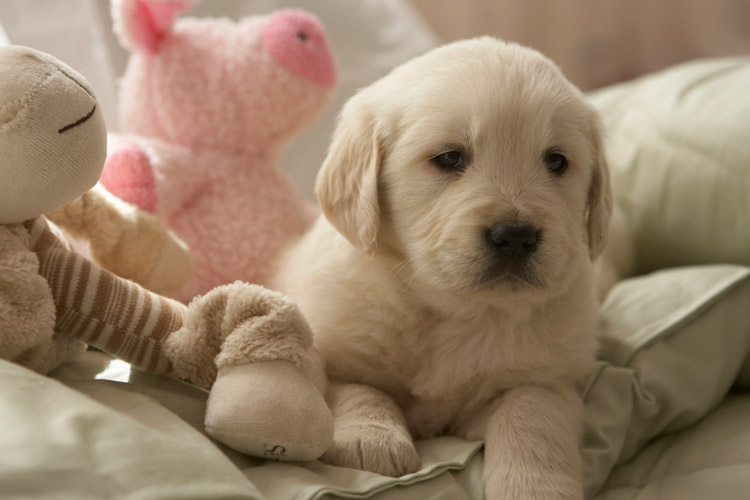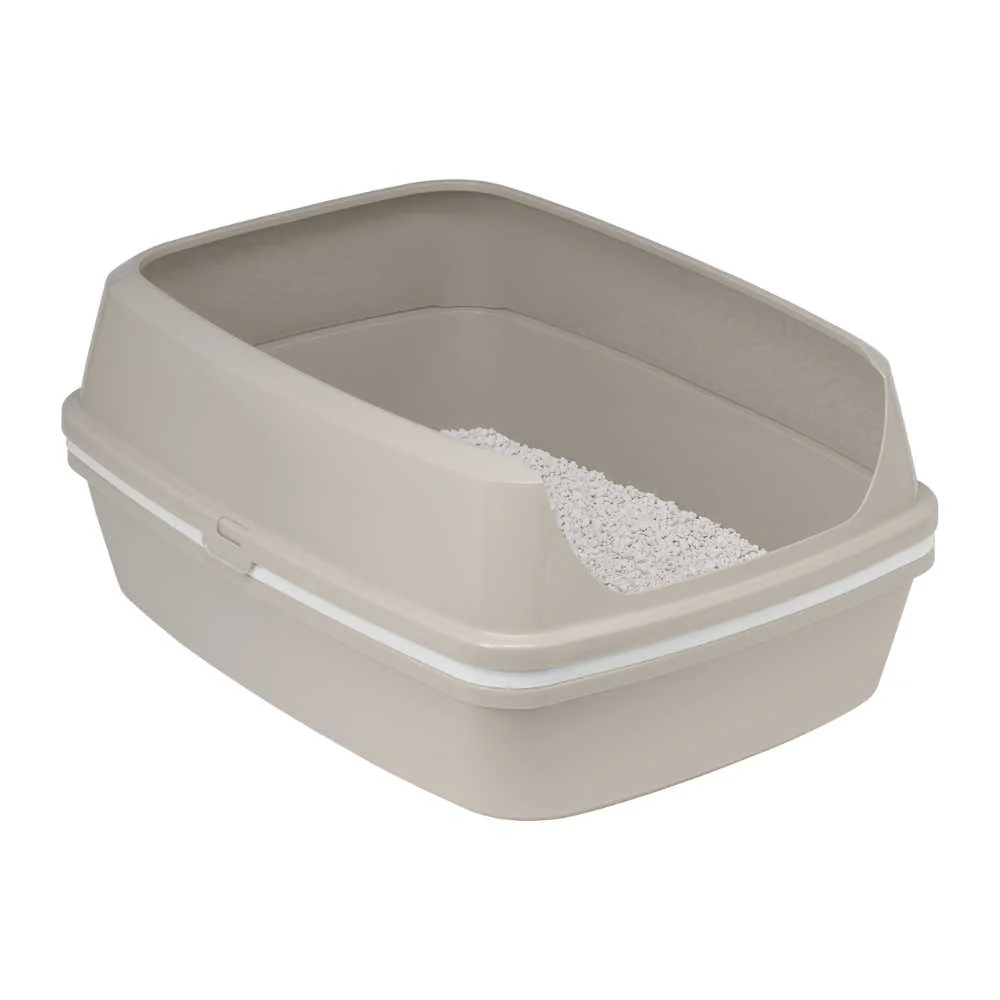Introduction: Dealing with a puppy that constantly engages in humping behavior can be both embarrassing and concerning for many pet owners. Understanding the underlying reasons behind this behavior and implementing effective strategies to curb it is essential for a harmonious relationship with your furry friend. In this comprehensive guide, we will provide you with detailed steps and solutions to help you address and resolve this issue.
Understanding the Reasons
Behind Humping Behavior: Humping, also known as mounting, is a natural behavior in dogs that can have various causes. It’s important to recognize that humping doesn’t necessarily indicate sexual behavior in puppies. Here are some common reasons why puppies engage in humping:
Play and Excitement:
Puppies often hump during play as a way to express their excitement or to initiate play with other dogs or humans. It can be a result of excessive energy and enthusiasm.
Social Interaction:
Humping can also be a way for puppies to establish dominance or assert their social status. It may occur during greetings or interactions with other dogs and even humans.
Sexual Behavior:
While less common in puppies, humping can be driven by sexual urges. It’s important to note that this behavior typically becomes more prevalent during adolescence.

Effective Strategies to Stop Humping Behavior:
Now that we’ve explored the reasons behind humping behavior, let’s delve into practical strategies to help you curb this behavior in your puppy:
Redirect and Distract:
When you notice your puppy engaging in humping behavior, redirect their attention to an appropriate activity or toy. Offer a suitable alternative that provides mental and physical stimulation, such as a puzzle toy or a game of fetch.
Consistent Training:
Implement consistent training sessions with your puppy to teach them basic obedience commands like “sit,” “stay,” and “leave it.” These commands help redirect their focus and provide you with better control over their behavior.
Socialization:
Proper socialization is crucial for puppies to understand appropriate behaviors and boundaries. Regularly expose your puppy to well-behaved dogs and controlled social environments. This exposure helps them learn appropriate social cues and reduces the likelihood of humping behavior.
Positive Reinforcement:
Reward your puppy with treats, praise, and affection when they exhibit desired behaviors and refrain from humping. Positive reinforcement creates a strong association between good behavior and pleasant experiences, encouraging them to repeat those behaviors.
Physical and Mental Stimulation:
Ensure that your puppy receives adequate physical exercise and mental stimulation. Engage them in interactive play, provide them with puzzle toys, and take them for regular walks or runs. A tired and mentally stimulated puppy is less likely to engage in humping behavior.
Spaying or Neutering:
If your puppy’s humping behavior persists and becomes a concern, consult with your veterinarian about the possibility of spaying or neutering. This can help reduce hormone-driven behaviors, including excessive humping.
Seek Professional Guidance:
If you’ve tried various strategies and the humping behavior continues or escalates, seeking professional guidance from a certified dog trainer or animal behaviorist is recommended. They can assess the situation, provide personalized advice, and work with you to address the underlying causes of the behavior.

Conclusion:
Addressing and resolving humping behavior in your puppy requires patience, consistency, and understanding. By implementing the strategies outlined in this guide, you can effectively redirect their behavior, promote appropriate social interactions, and strengthen your bond with your furry companion. Remember, each puppy is unique, and it may take time to see significant changes. With your dedication and the right approach, you can help your puppy develop into a well-behaved and balanced adult dog.



